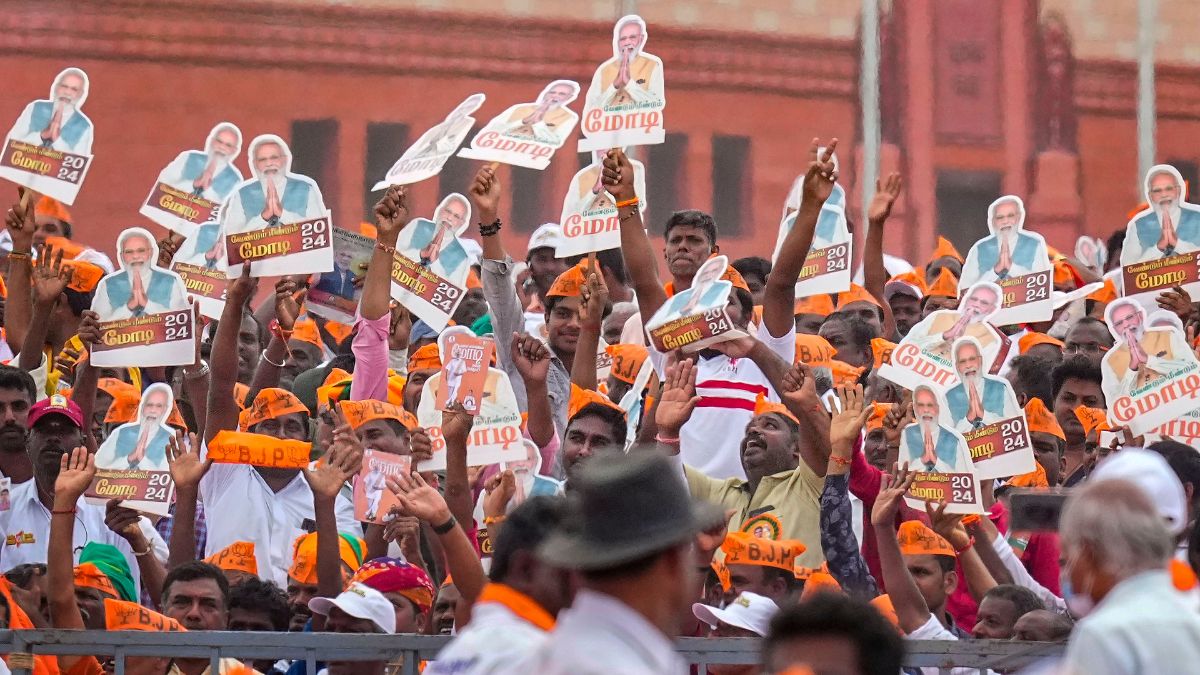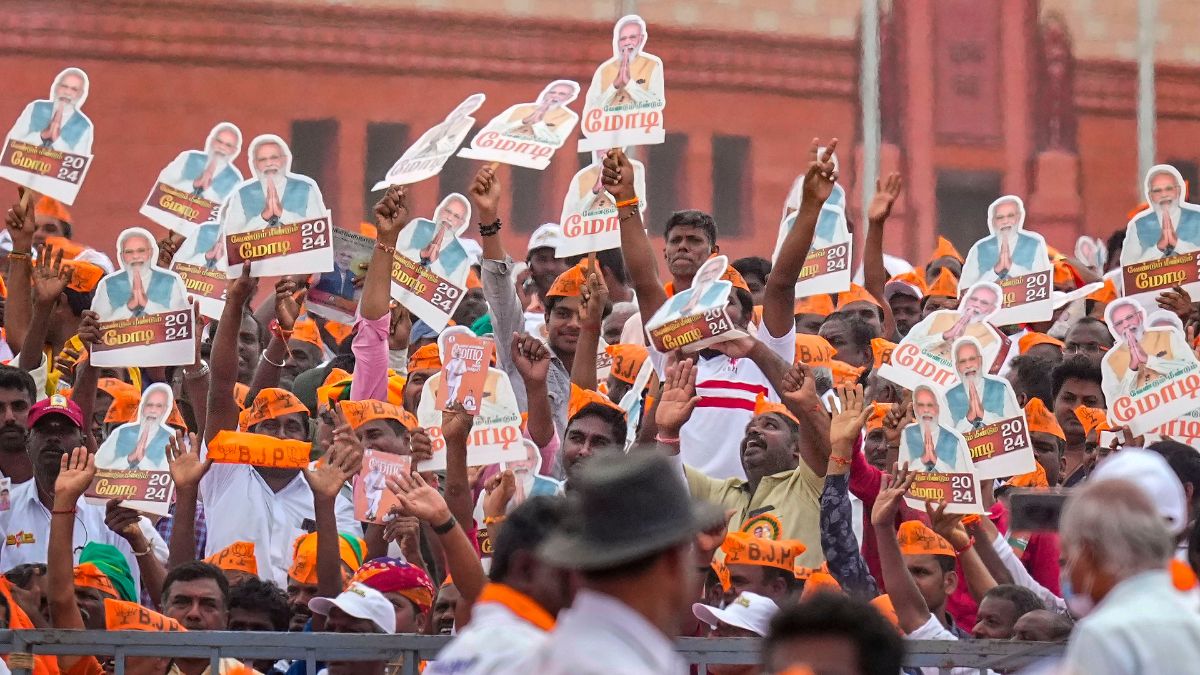It should come as no surprise for us to learn that the BJP tried to work out a deal with the National Conference (NC) soon after the results of the Jammu & Kashmir elections were known last December. The Indian Express tells us, as though it is some kind of new revelation, that the day after the results were announced, Omar Abdullah, Amit Shah and Ram Madhav met up to see if they could form a government.
That the deal did not work out has less to do with what was offered, and more about what could not be offered by either party to its partner. For the BJP, Omar’s NC would have been a less prickly customer than PDP, but the stars were clearly against any such alignment.
The fact is PDP-BJP - uncertain or uncomfortable though it may be for both of them - was the only stable and viable alliance possible, given the way the cookie crumbled on counting day. This was an alliance built on the exclusion of every other possibility.
With PDP getting 28 seats, the BJP 25, the NC 15 and the Congress 12 – accounting for 80 seats among them, with independents getting the remaining seven – it was all down to arithmetic. Any combo other than PDP-BJP would not only have been unstable, but would have involved one party or the other losing its political base.
These were the combos that were theoretically possible:
PDP with Congress and independents would have yielded 47 seats – with 44 being the halfway mark. This was actually the best non-BJP coalition possible, assuming the mandate in Kashmir Valley was to keep the BJP out. But this could have been done only by giving Jammu – which voted in large numbers for the BJP - an even greater sense of grievance against the Valley. It could have been partial political suicide for the Congress in Jammu as the BJP would have taken the entire opposition space in this region.
A BJP-NC-independents coalition would have had the same numbers – 47. But this would have been possible political suicide for the NC. As the larger party, the BJP would have asked for the chief ministership. Even if the BJP had magnanimously agreed to let Omar continue as CM, it would weakened him as he would have been seen as BJP’s puppet, with the PDP going hammer and tongs against him.
The third combo was PDP-NC-independents – and the least viable. The numbers could have easily have added up to more than 44, and Omar made bold announcements of outside support to PDP. But as PDP and NC are the main parties in the Valley, there would have been a constant game of one-upmanship between them, leading to chronic instability and grandstanding on issues. Moreover, it would have left the state both regionally and communally divided: Jammu would have tilted even more in the BJP’s direction.
A far-out possibility was a Congress-led minority government, with both PDP and NC supporting it from the outside. It would have been something like VP Singh’s minority government of 1989, when both the BJP and the Left backed him to keep the Congress out of power. But VP Singh did not last beyond two years – marrying two spouses who hate each other is a recipe for eternal strife. This would have been the fate of a Congress-led minority government in J&K.
The actual mandate precluded any possibility of leaving either the PDP or BJP out of government. The popular vote was against the NC in the Valley and against the Congress in Jammu. Neither of these two parties thus had the moral authority to stay in government, except as junior partners.
The numbers and the underlying mandate drove the PDP and the BJP into each other’s unwilling arms. The numbers give them stability, but their ideological bases make for instability. But their ideologies are complementary - and neither threatens the other’s political base. If they manage to make this marriage work, it could become a permanent coalition like Kerala’s UDF or LDF. If they don’t, both they and J&K will lose.


)




)
)
)
)
)
)
)
)